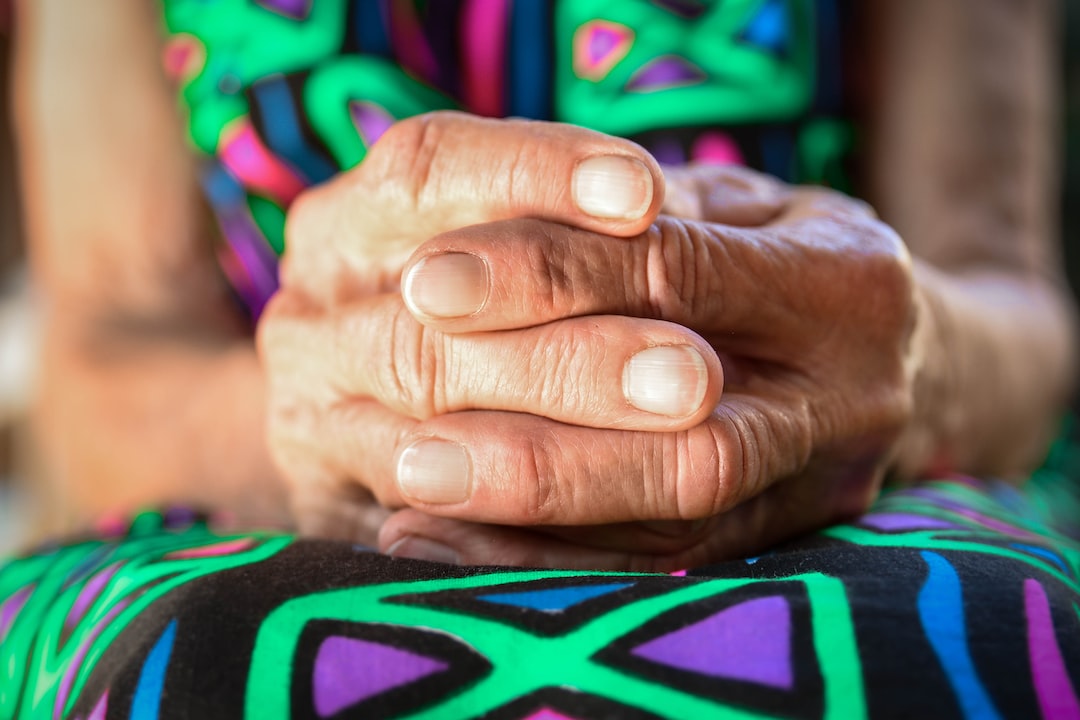Faith and forgiveness: How to heal emotional wounds
Emotional wounds are a common part of life’s journey. Whether it’s a betrayal from a loved one or a hurtful experience that has shaken us to our core, these wounds can leave lasting scars on our hearts. However, there is a powerful healing force that can help us overcome these emotional wounds – faith and forgiveness.
Faith, in its essence, is a belief in something greater than ourselves. It is this belief that gives us hope and strength during our darkest times. When confronted with emotional wounds, faith can give us the courage to face our pain head-on and seek healing.
One aspect of faith that can aid in the healing process is the belief in a higher purpose. When we view our emotional wounds as part of a bigger plan, we can find solace in knowing that our pain has meaning. This belief allows us to shift our focus from the hurt we experienced to the lessons and growth that can come from it.
In addition to faith, forgiveness is a crucial component of healing emotional wounds. Forgiveness is not an easy path to take, especially when the hurt is deep and betrayal feels insurmountable. However, it is important to note that forgiveness is for our own benefit and not necessarily for the person who caused the pain.
Forgiveness is a choice to release ourselves from the burden of anger and resentment. When we hold onto these negative emotions, we are allowing the person who hurt us to have power over our lives. By forgiving, we take back that power and free ourselves from the chains of resentment.
But forgiveness does not mean forgetting or condoning the actions of others. It is a process of letting go and finding inner peace. It is recognizing that holding onto bitterness only hinders our own happiness and growth.
Combining faith and forgiveness can create a powerful synergy that leads to healing. When we have faith in something greater than ourselves and the belief that our pain is part of a bigger plan, forgiveness becomes an easier path to take.
Faith teaches us to have compassion and empathy, to see beyond the hurt and understand that everyone is capable of both good and bad. It encourages us to extend forgiveness not only to others, but also to ourselves. Often, we are our own harshest critics, and self-forgiveness allows us to release the guilt and shame that weigh us down.
It is important to note that healing emotional wounds takes time, patience, and self-compassion. It is a journey of growth and self-discovery, and there will be setbacks along the way. However, by embracing faith and forgiveness, we can find the strength to face our pain and emerge stronger and more resilient.
In the process of healing emotional wounds, it can be helpful to engage in practices that nourish our faith and support our forgiveness journey. Meditation, prayer, and journaling are just a few examples of activities that can promote self-reflection and inner healing.
Seeking support from loved ones or professional therapists can also be instrumental in the healing process. Sharing our pain, fears, and insecurities with others can provide us with the validation and understanding that we need to heal.
In conclusion, faith and forgiveness are powerful tools in healing emotional wounds. They allow us to find meaning in our pain, release ourselves from the burden of anger and resentment, and embrace growth and self-discovery. While the journey may be challenging, the rewards of healing are immeasurable. Let us have faith and extend forgiveness to ourselves and others as we embark on the path to emotional restoration.


